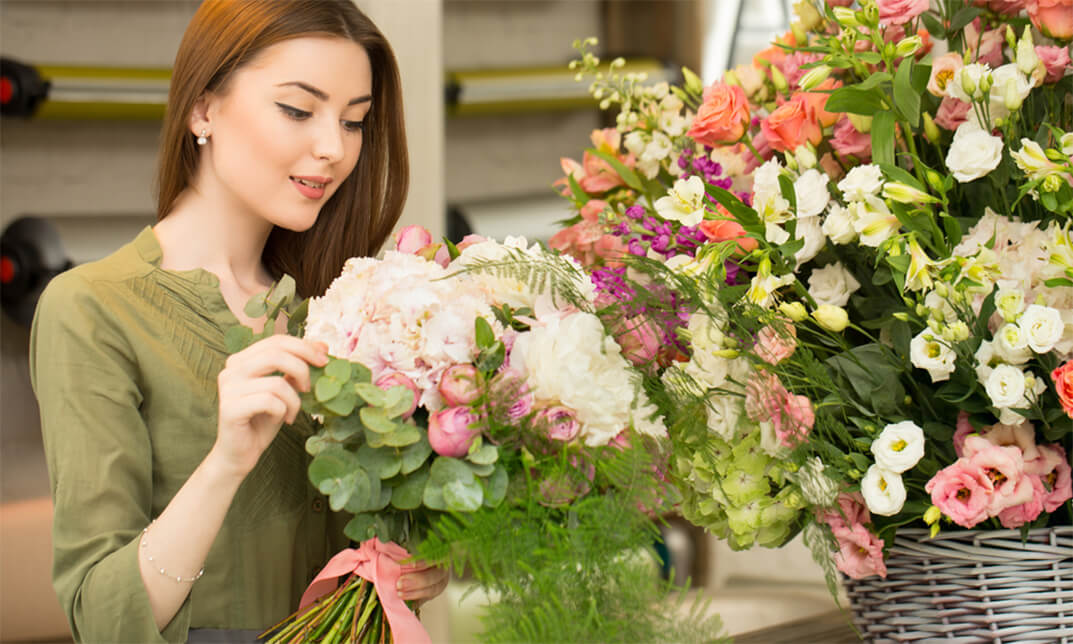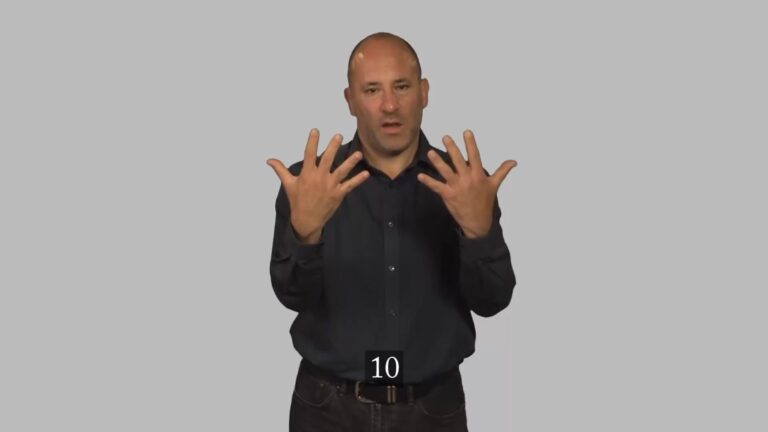
Course Library View the full range of courses
-

Accounting (92 courses)
- Project Finance
- Xero Accounting and Bookkeeping Online
- Sage 50 Accounting & Payroll
- Payroll Administrator Level 3 Diploma
- Introduction to VAT
- Financial Modelling Training
- Financial Statement Analysis
- Tax Accounting
- Internal Compliance Auditor
- Accounting and Finance Course for Managers
- View all Accounting courses
-

Employability (845 courses)
- Diploma in Data Analysis Fundamentals
- Office Administrator Skills
- Presentation Skills
- Building Surveyor Training
- Legal Secretary and Office Skills
- Hairdressing and Barbering
- Estate Agent Diploma
- Diploma in UK Employment Law
- Emotional Intelligence Training
- Hospitality Management
- View all Employability courses
-

Health and Social Care (128 courses)
- The Care Certificate Preparation
- Level 3 Diploma in Anatomy and Physiology of Human Body
- Mental Health Awareness Training
- Paediatric First Aid Training
- Emergency Medicine – Paramedicine
- Level 3 Diploma in Adult Care
- Play Therapy
- Health and Social Care Management
- Safeguarding Children Level 3
- Paediatric Nursing Assistant
- View all Health and Social Care courses
-

IT & Software (98 courses)
- Next.js Web Dev: Master this Powerful React Framework
- GDPR Challenges in Education
- Machine Learning for Aspiring Data Scientists
- CompTIA A+ Core 1 (220-1101) Course
- Learn 2D Animation with Adobe Animate
- Motion Graphics with After Effects
- Coding with Python 3
- Cyber Security
- Search Engine Optimisation (SEO) Training
- View all IT & Software courses
-

Language (58 courses)
- Teaching English as Foreign Language (TEFL) Certificate
- German Course for Beginners
- French Course for Beginners
- TEFL (TESOL) Course
- English Spelling, Punctuation, and Grammar
- Child & Adult Speech & Language Disorders Training
- Speech and Language Therapy Diploma
- British Sign Language (BSL) Level 1 & 2
- Body Language and Gesture Training
- Mastering Spanish Language
- View all Language courses
-

Management (346 courses)
- Diploma in Data Analysis Fundamentals
- Good Manufacturing Practice (GMP)
- Property Development and Management Course
- Compliance and Risk Management
- Quality Assurance (QA) Manager
- Estate Agent and Property Management Training
- Advanced Diploma in Stress & Anxiety Management
- Office Admin, Secretarial and PA Diploma
- Diploma in Hotel Management
- Supply Chain Management
- View all Management courses
-

Personal Development (1316 courses)
- Presentation Skills
- Legal Secretary and Office Skills
- Productivity Habits
- Minute Taking Course
- Essential IT Skills
- Excel: Top 50 Microsoft Excel Formulas in 50 Minutes!
- Self Esteem and Confidence Building Course
- Time Management
- Critical Thinking and Problem Solving Skills
- Personality Development
- View all Personal Development courses
-

Teach & Education (99 courses)
- Home Schooling Essential: A Parent’s Guide
- English Spelling, Punctuation, Grammar & Pronunciation
- Primary Teacher
- Leadership in Teaching
- English: Spelling, Punctuation, and Grammar
- Poetry Writing
- GCSE English
- GCSE Maths Preparation
- Diploma in Basic Chemistry
- English: Spelling, Punctuation and Grammar
- View all Teach & Education courses
Floristry and Flower Arrangement Training
704 (4.5)
Welcome to the enchanting world of Floristry and Flower Arrangement Training! Unleash your creativity and passion for floral design. Learn the art of creating stunning flower arrangements for various occasions. Master the techniques of bouquet making and floral styling.
Course Curriculum
| Floristry Academy Diploma - Updated Version | |||
| Introduction to the Course | 00:02:00 | ||
| Introduction to Floristry | 00:46:00 | ||
| Services Provided by Florists | 00:21:00 | ||
| Flowers and Plants | 01:08:00 | ||
| Flower Care and Treatment | 00:36:00 | ||
| Choosing Popular Flowers and Fillers | 00:45:00 | ||
| Elements and Principles of Design | 00:54:00 | ||
| How to Make Floral Arrangements | 01:04:00 | ||
| Making Bouquet, Corsage, Fruit Basket & Basket Garden | 00:35:00 | ||
| Wedding Floristry | 00:10:00 | ||
| Making Funeral Flower Arrangements | 00:31:00 | ||
| Beautiful Floral Designs | 00:45:00 | ||
| Getting a Job in the Floristry Industry | 00:30:00 | ||
| Starting Your Own Floristry Business | 01:13:00 | ||
| Conclusion to the Course | 00:01:00 | ||
| Floristry Academy Diploma - Old Version | |||
| Introduction to Floristry | 00:15:00 | ||
| The Florist | 00:20:00 | ||
| Flower Colors & Symbolism | 00:20:00 | ||
| Different Flowers and Their Meaning | 00:40:00 | ||
| Potted Plant Care | 00:30:00 | ||
| Cut Flowers | 00:20:00 | ||
| Plant Diseases | 00:30:00 | ||
| Common Cultural Disorders | 00:20:00 | ||
| Insects and Pests of Roses | 00:20:00 | ||
| Garden Care to Prevent Diseases | 00:15:00 | ||
| Principles of Floral Arrangement | 00:20:00 | ||
| Floral Design | 00:30:00 | ||
| Types of Greenery | 00:30:00 | ||
| Role of Foliage in Arrangements | 00:15:00 | ||
| Popular Styles and Arrangements | 00:20:00 | ||
| Making Floral Arrangements | 00:25:00 | ||
| Container Preparation | 00:15:00 | ||
| Using Containers in Floral Arrangement | 01:00:00 | ||
| Corsage & Boutonniere | 00:30:00 | ||
| Wedding Bouquet | 00:15:00 | ||
| Funeral Flowers & Meanings | 00:15:00 | ||
| Funeral Wreath | 00:15:00 | ||
| Surviving in Florist Sector | 00:15:00 | ||
| Mock Exam | |||
| Mock Exam – Floristry and Flower Arrangement Training | 00:20:00 | ||
| Final Exam | |||
| Final Exam – Floristry and Flower Arrangement Training | 00:20:00 | ||
| Assignment | |||
| Assignment – Floristry and Flower Arrangement Training | 3 weeks, 3 days | ||
| Order Your Certificate | |||
| Order your Certificate QLS | 00:00:00 | ||
Course Reviews
Frequently asked questions
Can’t find the anwser you’re looking for ? Reach out to customer support team.
While formal qualifications aren't always mandatory, having certifications or completing courses can give you a significant edge in the job market. These courses equip you with the necessary skills and knowledge to excel in floristry.
Floristry courses typically cover a range of topics, including: 1. Proper flower care and handling techniques 2. Different flower arranging styles and methods 3. Designing for various occasions (weddings, funerals, events) 4. Business aspects of floristry, like marketing and sales
Course names can vary depending on the institution, but they often include keywords like "floristry," "flower arrangement," or "floral design."
Absolutely! There are many resources available online and in libraries to help you learn the basics of floristry. However, taking a course can provide valuable benefits like: 1. Structured learning: A course offers a clear curriculum and progression of skills. 2. Hands-on experience: You'll get practical experience working with flowers under the guidance of an instructor. 3. Industry insights: Courses often include information about the floristry industry and potential career paths.
The income of a florist can vary depending on several factors, such as experience, location, and business model (employee vs. business owner). While it might not be the highest-paying profession, it can be profitable with hard work and a smart business approach.
Yes! Florists can generate income through various means, including: 1. Selling floral arrangements and bouquets 2. Offering event decoration services 3. Designing and creating centerpieces 4. Teaching workshops or consultations
A professional florist might have various titles depending on their area of expertise, such as floral designer, floral artist, or wedding florist.
Yes, floristry can have a strong design element. Florists use their creativity and knowledge to arrange flowers in visually appealing and impactful ways.
There's no single "best" degree for floristry. However, degrees in horticulture, botany, or related fields can provide a strong foundation in plant science and care, which can be beneficial.
If you're passionate about flowers, creative, and have a knack for business, then floristry can be a fulfilling and rewarding career path. It allows you to combine your love of nature with artistic expression and entrepreneurial spirit.
Level 3 floristry is a qualification that provides a comprehensive understanding of the floristry industry. It typically covers flower identification, care, design principles, and practical skills in creating various arrangements.
Absolutely! Floristry is a wonderful hobby that allows you to explore your creativity and connect with nature. You can arrange flowers for your home, gifts, or even participate in local flower shows.
Starting a flower business requires careful planning and research. Here are some initial steps to consider: 1. Conduct market research to assess the demand in your area. 2. Develop a business plan outlining your concept, target market, and financial projections. 3. Research legalities and obtain necessary permits and licenses. 4. Secure funding and source your flowers.
The workday of a florist can vary depending on the season and workload. It might involve tasks like: 1. Receiving and caring for fresh flower deliveries 2. Creating arrangements based on customer orders or designing for specific events 3. Maintaining the shop, including cleaning and restocking displays 4. Providing customer service and consultations
Here are some key skills every successful florist should possess: 1. In-depth knowledge of flowers and their care requirements 2. Strong design sense and creativity in arranging flowers 3. Excellent customer service and communication skills 4. Ability to work well under pressure, especially during peak seasons like holidays. 5. Business management skills might be necessary for running your own shop















Lucy Brooks
I love working with flowers and this course gave me the perfect boost to seek a career in floristry.
Logan Saunders
This is a fantastic course. I learned so many new techniques for flower arrangement. I highly recommend this course.